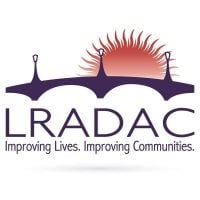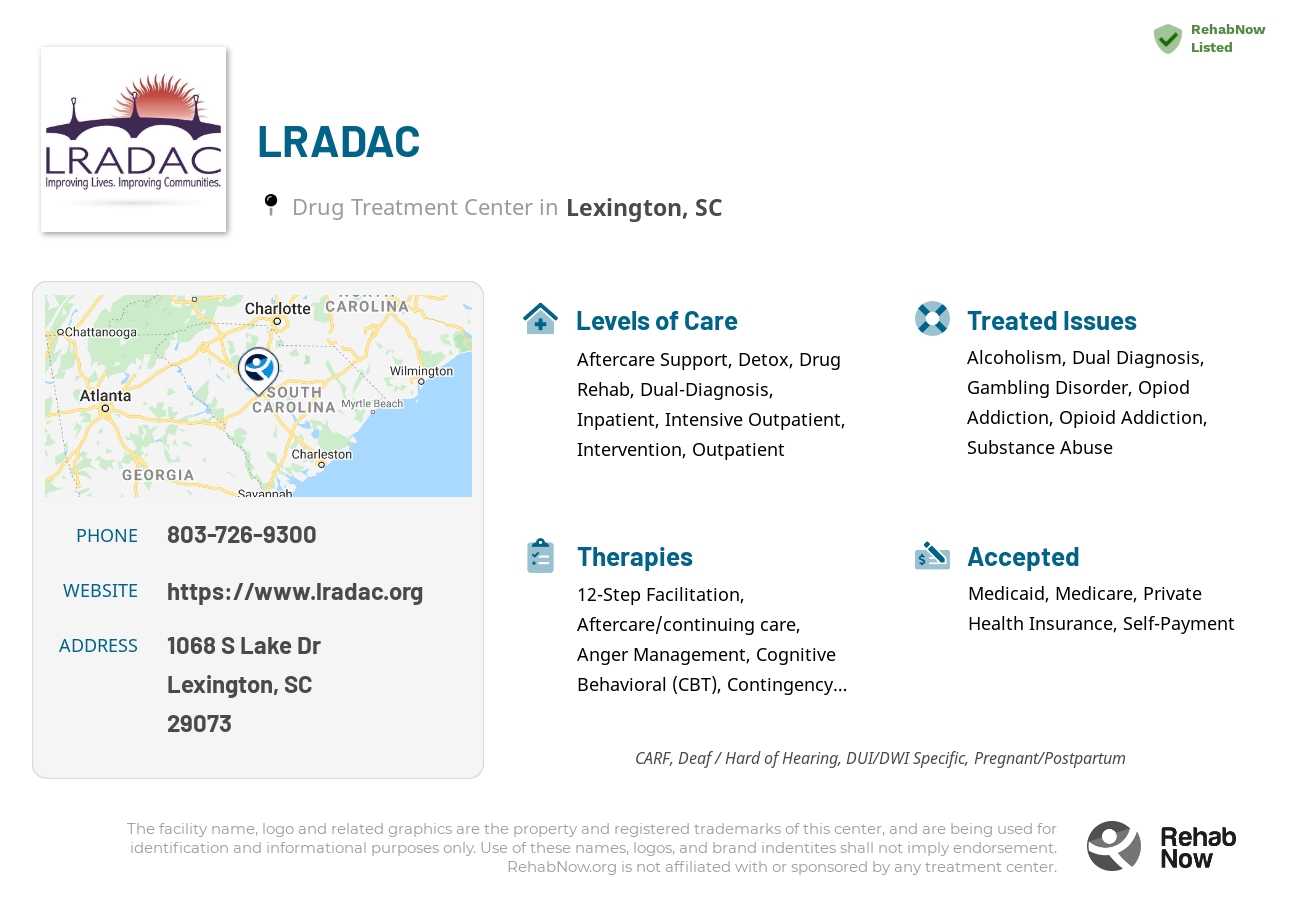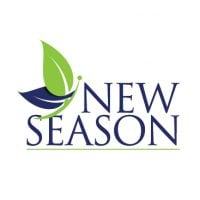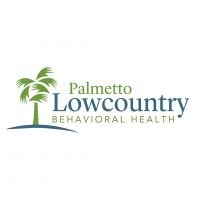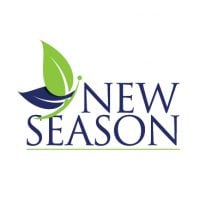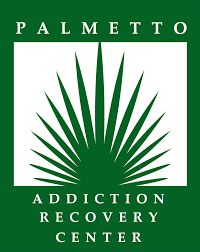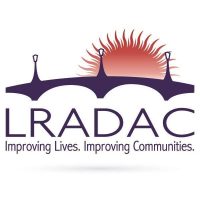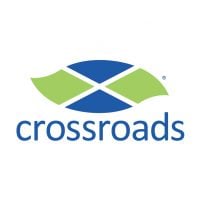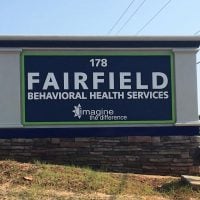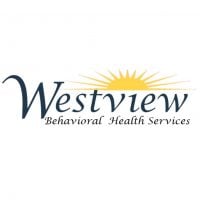LRADAC
Drug Rehab Center in Lexington, South Carolina
LRADAC is an accredited addiction treatment facility in Lexington, South Carolina, offering a variety of programs from detox to outpatient care, as well as aftercare support, to help individuals struggling with substance abuse issues on their path to sobriety.
About This South Carolina Facility
LRADAC, located in Lexington, South Carolina, is dedicated to preventing and treating substance use disorders through innovative programs and services tailored to the needs of residents in Lexington and Richland counties. With a proactive approach, LRADAC offers a wide array of prevention, intervention, and treatment options in convenient locations across both counties.
Upholding high standards of care, LRADAC is accredited by CARF, ensuring effective and quality treatment for individuals struggling with various addictions. Their comprehensive services cater to those battling alcoholism, opioid addiction, substance abuse, dual diagnosis, and drug addiction.
LRADAC provides a range of evidence-based treatment methods, including aftercare support, detoxification, drug rehabilitation, dual-diagnosis programs, inpatient care, intensive outpatient programs, intervention services, and outpatient levels of care. These diverse offerings allow for personalized treatment plans tailored to each individual's unique needs and circumstances.
- Comprehensive Addiction Treatment Services
- Experienced and Dedicated Staff
- Convenient Locations in Lexington and Richland Counties
- Accredited by CARF for Quality Care
LRADAC specializes in addressing various substance use disorders, including alcoholism, opioid addiction, and drug addiction. Their programs are designed to help individuals overcome their addictions and develop healthy coping mechanisms for long-term recovery.
For individuals struggling with alcoholism, LRADAC offers a comprehensive treatment approach that combines evidence-based therapies, counseling, and support services. Their programs aim to address the underlying causes of addiction, promote abstinence, and equip individuals with the tools necessary for sustained sobriety.
Genders
Ages
Modality
Additional
Accreditations

CARF
The Commission on Accreditation of Rehabilitation Facilities (CARF) is a non-profit organization that specifically accredits rehab organizations. Founded in 1966, CARF's, mission is to help service providers like rehab facilities maintain high standards of care.
Conditions and Issues Treated
The inappropriate use of any drug in Lexington, SC is substance abuse. This involves alcohol, medications, and illicit drugs. With a combination of physical and psychiatric therapies, drug addiction is successfully treated at LRADAC. After Detox is complete, individuals follow-up with treatments treating the root cause of the addiction.
Opioid Addiction Treatment supports people recovering from addiction to prescription drugs as well as illegal opioids. This is a hospital-based or residential treatment. Depending upon one’s age, detox without the appropriate medication may be unpleasant or even dangerous–some get body aches, fever, chills, while others may even have seizures.
Opioid treatment involves medically assisted detox, physical and mental support. Most rehabilitations use an array of treatments to ensure overall wellbeing, such as Medication-assisted therapy (MAT) in which one gets behavioral therapy, medicines, and counseling. A client-centered approach can reduce one’s chances of relapse. Therapists at work with the client to figure out environmental and behavioral triggers, giving them the power to change the patterns.
Levels of Care Offered at LRADAC
This center offers a variety of custom treatment tailored to individual recovery. Currently available are Aftercare Support, Detox, Drug Rehab, Dual-Diagnosis, Inpatient, Intensive Outpatient, Intervention, Outpatient, with additional therapies available as listed below.
Detoxification is a reduction in the effects of drugs and alcohol. It can be beneficial for people who have a history of withdrawal, who are at risk for dangerous health concerns, or who are unable to function well in their day-to-day lives due to addiction.
Detoxification is beneficial for:
- People who are unable to overcome addiction without the help of professional care.
- People who are at risk for dangerous health conditions due to withdrawal.
- People who are at risk for overdose or serious health concerns after a relapse.
If you believe that addiction treatment is right for you or a loved one, you can contact your primary care physician, or search for addiction treatment centers in your area. Treatment is beneficial to people who are motivated towards recovery, and who understand the benefits of professional care.
An inpatient is a person who stays in a hospital or rehab center during treatment. For alcohol- and drug-dependent individuals, inpatient rehabs provide individualized around-the-clock services. Inpatient treatment programs address a person’s unique physical, medical, and psychological needs. A team of experts assess the severity of the addiction and design a highly tailored program. typically, the length of stay in an inpatient facility in Lexington, SC is 30 days. Those with severe addiction may need to stay at the facility for 60 to 90 days.
Daily trips to the hospital that provides the treatment include intensive outpatient services (IOP). IOP in South Carolina is appropriate for patients in residential recovery facilities that have been diagnosed with addiction. Patients return to their everyday lives gradually, increasing the likeliness of success in treatment.
Outpatient rehabilitation is a treatment that exists if a patient is not checking into LRADAC long term. In addition to helping them recover, the patient attends regular therapy sessions and detox and participates in other therapies. However, this is all primarily done from home. As a follow-up to inpatient treatment, outpatient treatment is usually recommended.
After rehabilitation, it helps people return to their everyday lives. It may also be an alternative to inpatient care in some situations. If they cannot leave their jobs, children, or don’t have the money for inpatient care, people can choose this method. Inpatient therapy, however, is the best method and most suggested level of treatment offered by LRADAC in recovering from addiction.
Intervention services are designed to help loved ones of an individual suffering from alcohol or drug addiction. They aim to help the individual realize that their behavior is causing damage, and external help is crucial to handle their problem efficiently.
Treatment for substance abuse does not cease after an individual successfully completes a detox or rehabilitation program. A vital follow-up treatment service is aftercare support provided to individuals at LRADAC in South Carolina after they attain initial sobriety.
Aftercare support often takes the following forms: 12-Step Programs, Outpatient Treatment Programs, and Support Groups. The most effective aftercare programs are tailored to meet an individual’s specific needs and circumstances.
Therapies & Programs
Individual therapy involves one on one sessions between the patient and the therapist at LRADAC. Individual therapy provides patients with a safe environment where they can openly discuss their problems with the therapist. The patients find the therapist as a person who they can trust. It helps them to open up and discuss personal and sensitive issues, which they may not be comfortable discussing in a group setting.
Individual therapy aims to identify the core issues that would have led the patient to substance abuse and address the root cause effectively. The therapist can develop patient-specific customized solutions through individual therapy, which aids speedier recovery.
Addiction and alcoholism always harm an addict’s relationships with others and none more than relationships with a spouse or partner. Couples therapy is an essential part of restoring trust and good communication to intimate relationships harmed by addiction. Couples therapy by LRADAC helps repair the damage done to these important relationships.
Recovery can be more effective if the entire family’s involved. Family therapy hosted by LRADAC brings in the addict’s family to explore genetic factors. It gives loved ones the tools for dealing with addiction and its underlying mental issues. It is a recommended step in helping addicts adapt to sober living.
Trauma is one of the most common causes of psychological disorders. It’s often found in people with addiction diagnoses. Trauma therapy addresses this by examining the emotions and thoughts people have formed due to past traumas. Traumas are complex but trauma therapy can reduce their ability to contribute to addictive behaviors.
A 12-Step Program is a common method that is used to treat addiction. This format is used for both drug and alcohol treatment. It is extremely popular and successful for large numbers of people and the staff at LRADAC are trained to assist in 12-step management.
Contingency Management (CM), also known as motivational incentives or prize method, is a behavioral therapy type. It is based on the principle that their consequences influence the behaviors of an individual. So, it promotes the desired behavior by giving rewards while discouraging the unwanted behaviors by withholding the rewards or even by giving punishments. One of the expected desired behavior is the absence of drug in a toxicology screen, and the rewards vary from prize or vouchers, to experiences. CM is used for individuals who need therapy for more than 3 months, and it has the advantage of being implemented by family members.
Payment Options Accepted
For specific insurance or payment methods please contact us.
Is your insurance accepted?
Ask an expert, call (888) 674-0062
Additional Details
Specifics, location, and helpful extra information.
Lexington, South Carolina 29073 Phone Number(803) 726-9300 Meta DetailsUpdated April 15, 2024
Staff Verified
Patient Reviews
There are no reviews yet. Be the first one to write one.
Lexington, South Carolina Addiction Information
More than 610,000 of South Carolina residents, or a staggering 11.9% of the state population, uses illicit drugs and another 230,000 residents abuse alcohol every year. A majority of the illegal drugs used and abused are opioids. Marijuana use and underage drinking occur amongst the young residents of this state–though at a lower rate compared to the national average.
The drug addiction problem in Lexington, South Carolina, is pretty bad. Around 9,000 people in Lexington struggle with drug addiction. This accounts for around 7% of the population. Over 1,600 drug-related arrests in Lexington in 2016. This number reflects a significant increase from the previous year. Lexington's most commonly abused drugs are cocaine, heroin, and methamphetamine. There are support groups available to help recovering addicts stay sober.
Treatment in Nearby Cities
- Santee, SC (54.3 mi.)
- Spartanburg, SC (79.5 mi.)
- Greer, SC (88.6 mi.)
- North Myrtle Beach, SC (147.0 mi.)
- Greenwood, SC (55.7 mi.)
Centers near LRADAC
The facility name, logo and brand are the property and registered trademarks of LRADAC, and are being used for identification and informational purposes only. Use of these names, logos and brands shall not imply endorsement. RehabNow.org is not affiliated with or sponsored by LRADAC.
